MS ERW Pipe (Mild Steel Electric Resistance Welded Pipe) is made by welding mild steel strips using electric resistance. It’s strong, uniform, and widely used in construction, scaffolding, and industrial applications.
MS - ERW Pipes & Tubes
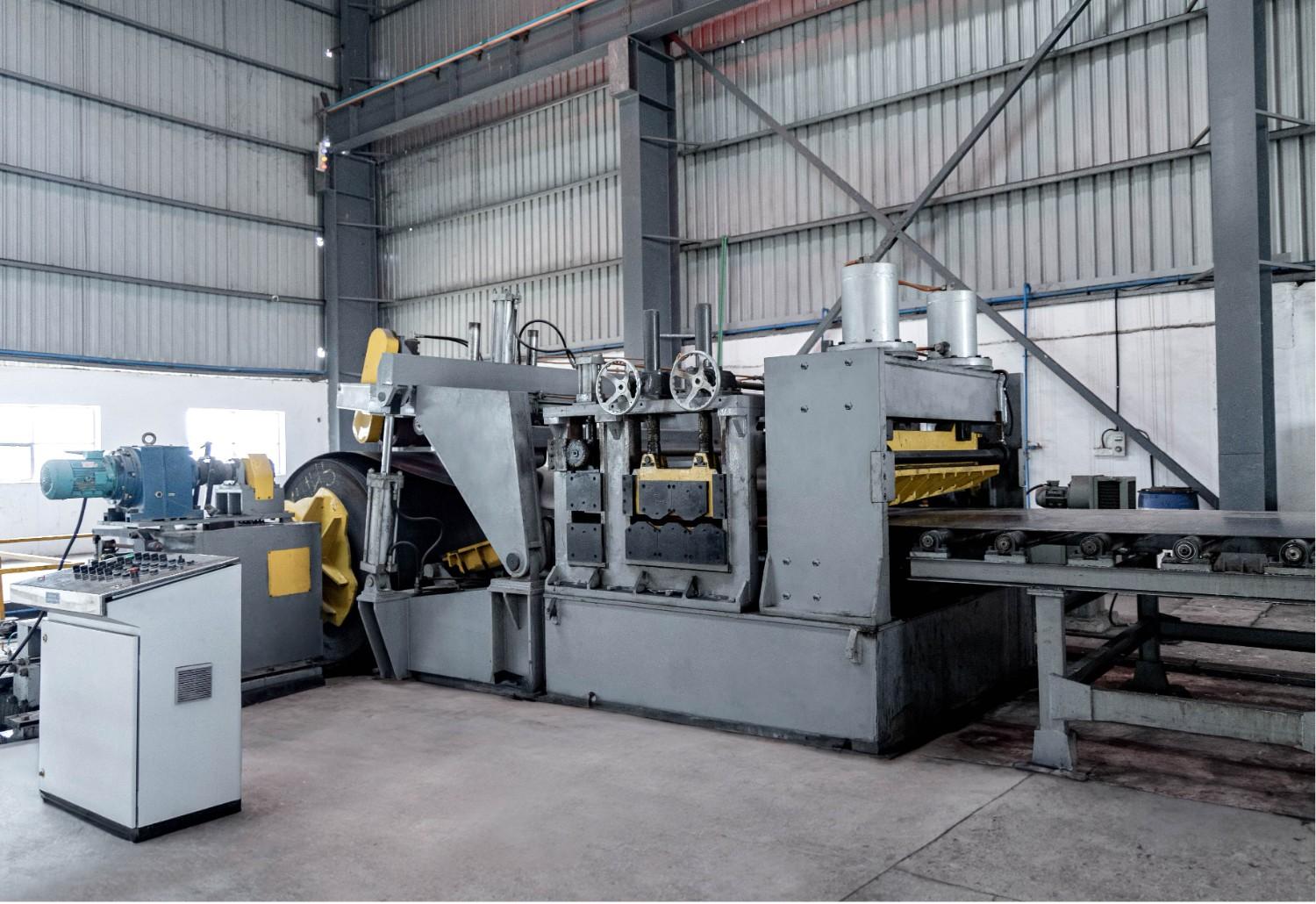

Quality Manufacturing is our Objective
Our advanced technology allows us to deliver our customers the highest quality MS-ERW pipes. Each pipe is thoroughly inspected before shipment to ensure complete customer satisfaction. We operate direct tube mills, enabling us to produce various dimensions tailored to your requirements. Ratna Steeltech is a rising manufacturer of MS-ERW pipes and tubes located in Ahmedabad. Our ERW steel pipes are available in common sizes ranging from ½ NB to 20 NB, with lengths exceeding 40 feet. We offer surface finishes in both bare and coated options, and we can perform processing on-site according to customer specifications.
MS-ERW Pipes and Tubes
Process Flow Chart
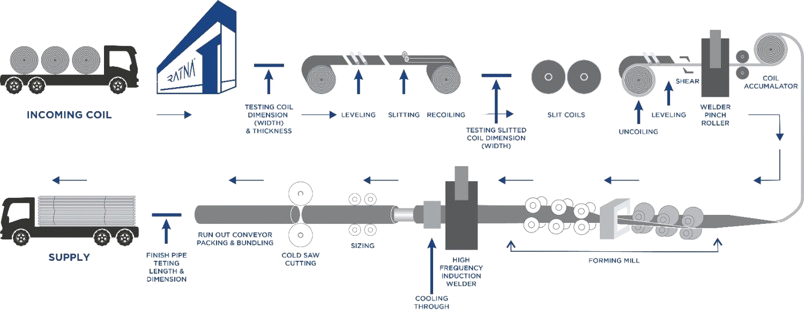
Manufacturing Process of ERW Pipes
Experience the transformation of HR coils into ERW pipes and tubes, where advanced technology and expert craftsmanship come together to produce high-quality products. The manufacturing process for our ERW pipes and tubes begins with unrolling steel coils, followed by leveling, cutting, forming, welding, cooling, sizing, and precise cutting to the desired length. This process concludes with a thorough inspection to ensure that each pipe and tube meets our stringent quality and performance standards.
Various forms of ERW Pipes
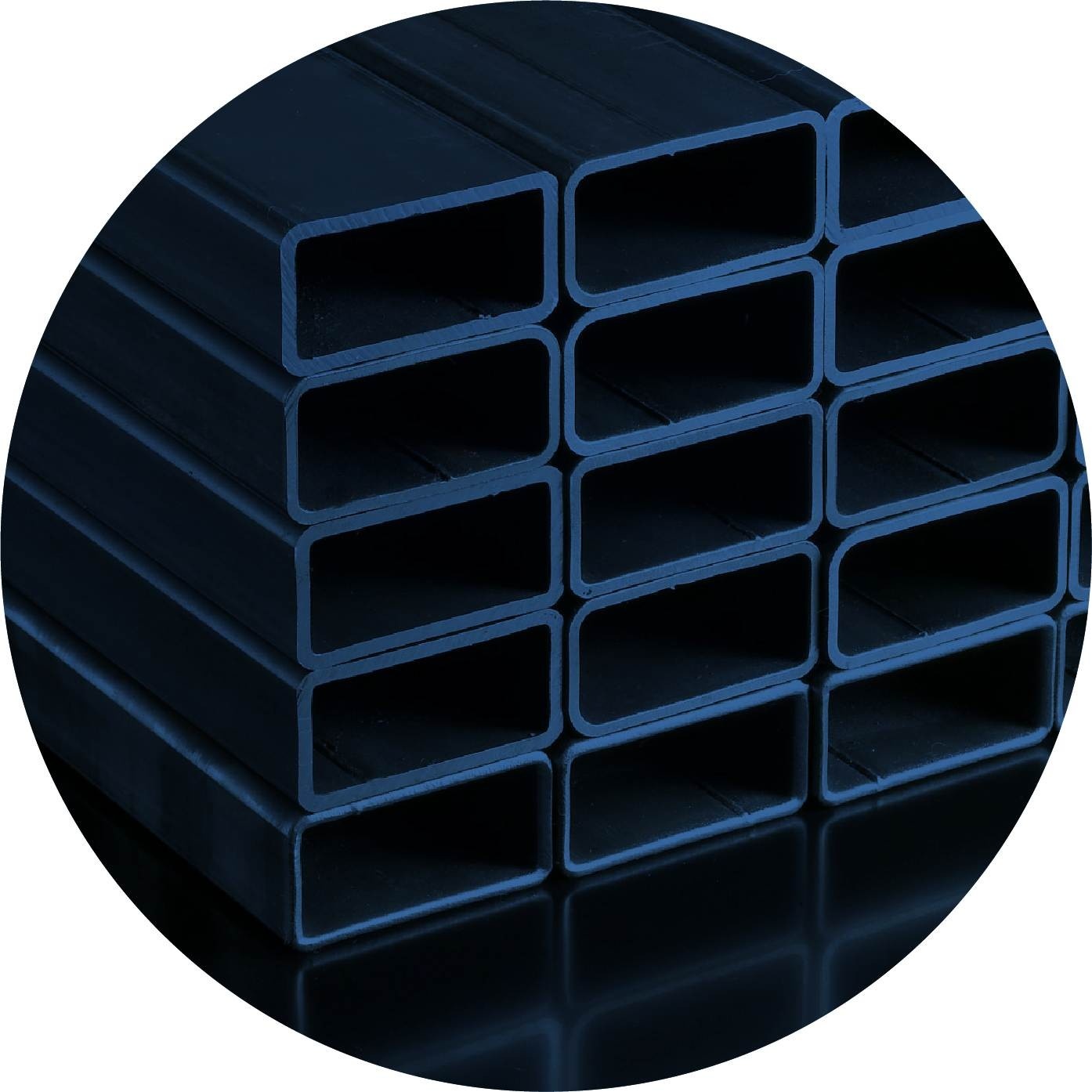
RHS (Rectangular Hollow Sections)
Rectangular hollow sections (RHS) are a popular choice for mechanical, structural, and construction applications. This is due to the flat surface resulting in a structural solution that is more economical for joining and various other types of fabrication work.
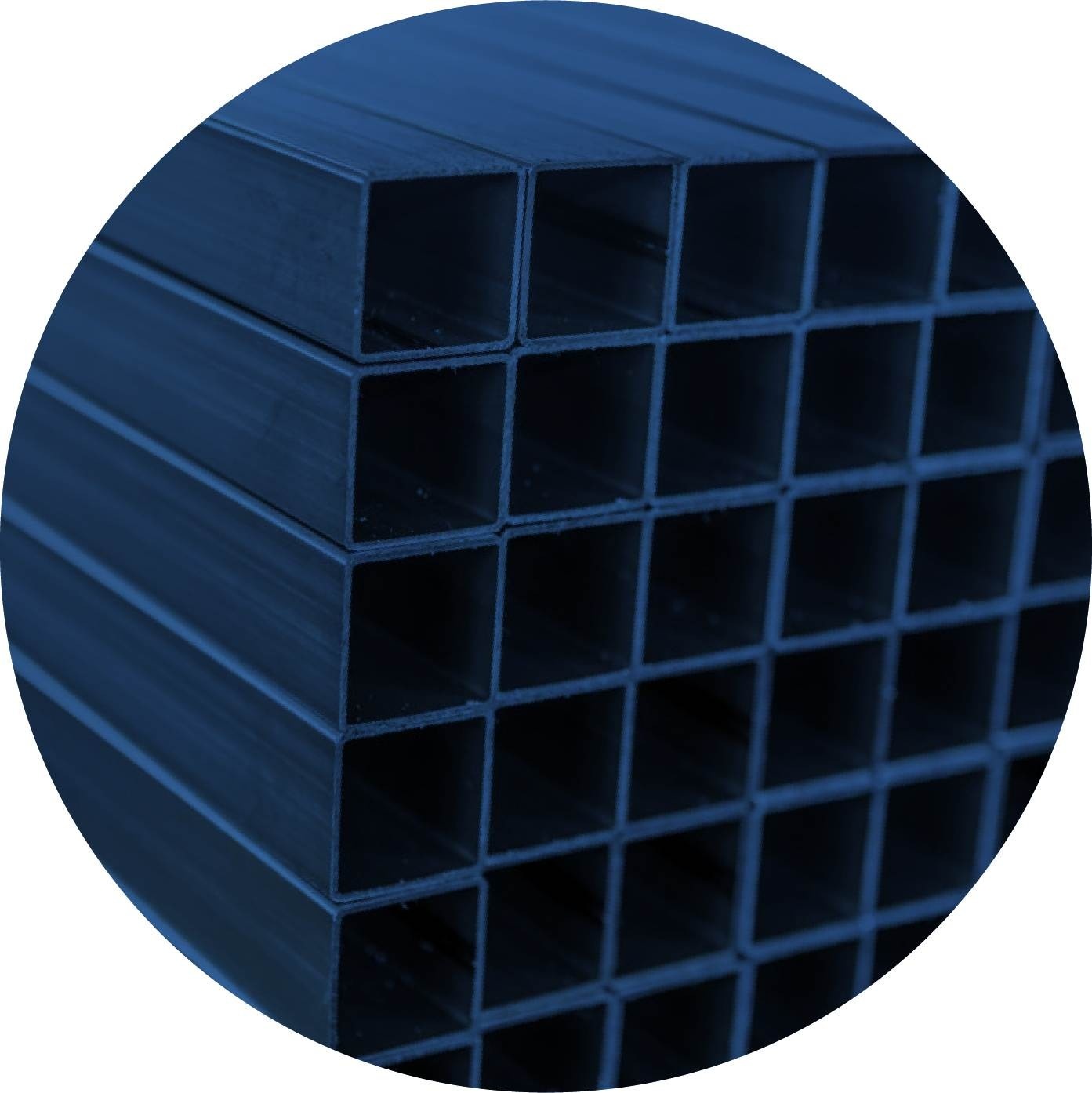
SHS (Square Hollow Sections)
Square hollow sections (SHS) are a popular structural steel tube. They combine the attributes and structural behaviour of RHS and CHS. SHS features a flat surface that’s also economical for joining and welding, with clean lines and minimal edge preparation required.
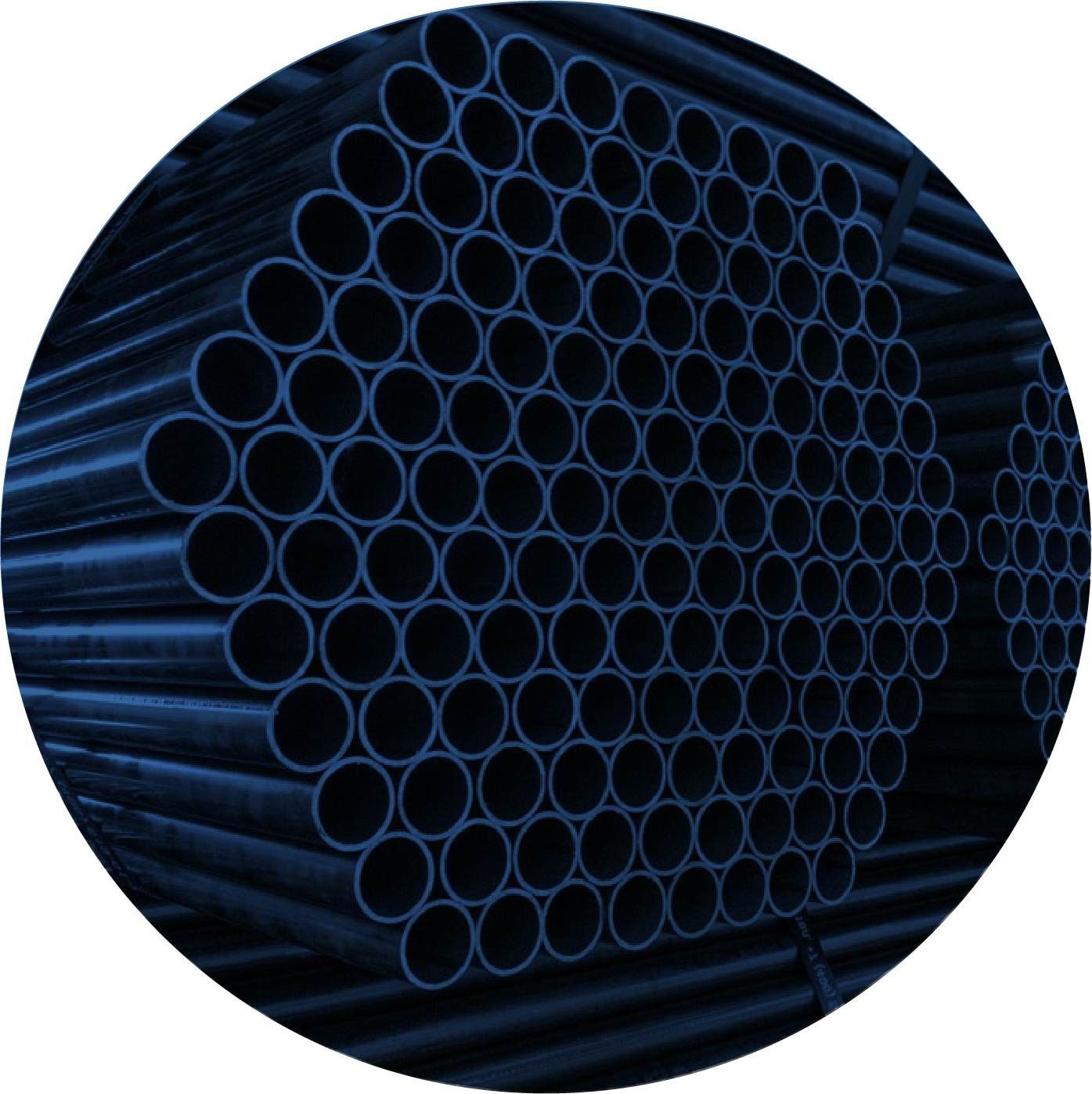
CHS (Circular Hollow Sections)
Circular hollow sections (CHS) were the first form of hollow section and are commonly used in a wide range of structural, mechanical, and construction areas. CHS are favoured for their uniform strength, smooth appearance, and versatility.
MS-ERW Pipes Quality Control
Universal Testing Machine
A Universal Testing Machine (UTM) is utilised to evaluate the tensile and compressive strength of materials. The term "universal" signifies its capability to conduct a wide array of standard tensile and compression tests on various materials, components, and structures, highlighting its adaptability.
Hardness Testing Machine
A hardness tester measures material hardness by assessing the impact of a standardised indenter’s penetration. The indenter, usually made of diamond, carbide, or hard steel, may be rounded or pointed. The Rockwell method calculates hardness by analysing indenter depth under load with high precision.
Tube Bending Machine
Tube bending machines create curved pipe and tube sections for diverse applications. They enable precise bending, sealing, and assembly operations, ensuring each pipe fits structural and functional requirements without compromising material integrity, dimensional accuracy, or surface finish.
Chemical Spectrometer
A spectrometer is an analytical instrument used in spectroscopy to produce and measure spectral lines, along with their wavelengths and intensities. It effectively separates particles, atoms, and molecules based on mass, momentum, or energy. Spectrometers play a crucial role in chemical analysis and particle physics.
Hydro Testing Machine
Hydrostatic testing uses high-pressure water to detect leaks and assess the structural integrity of pipes. This method ensures each pipe can withstand operational pressures without failure, providing a key assurance of product safety and reliability across diverse industrial applications and standards.
Applications
- All
- Architectural
- Infrastructural
- Industrial
- General Engineering





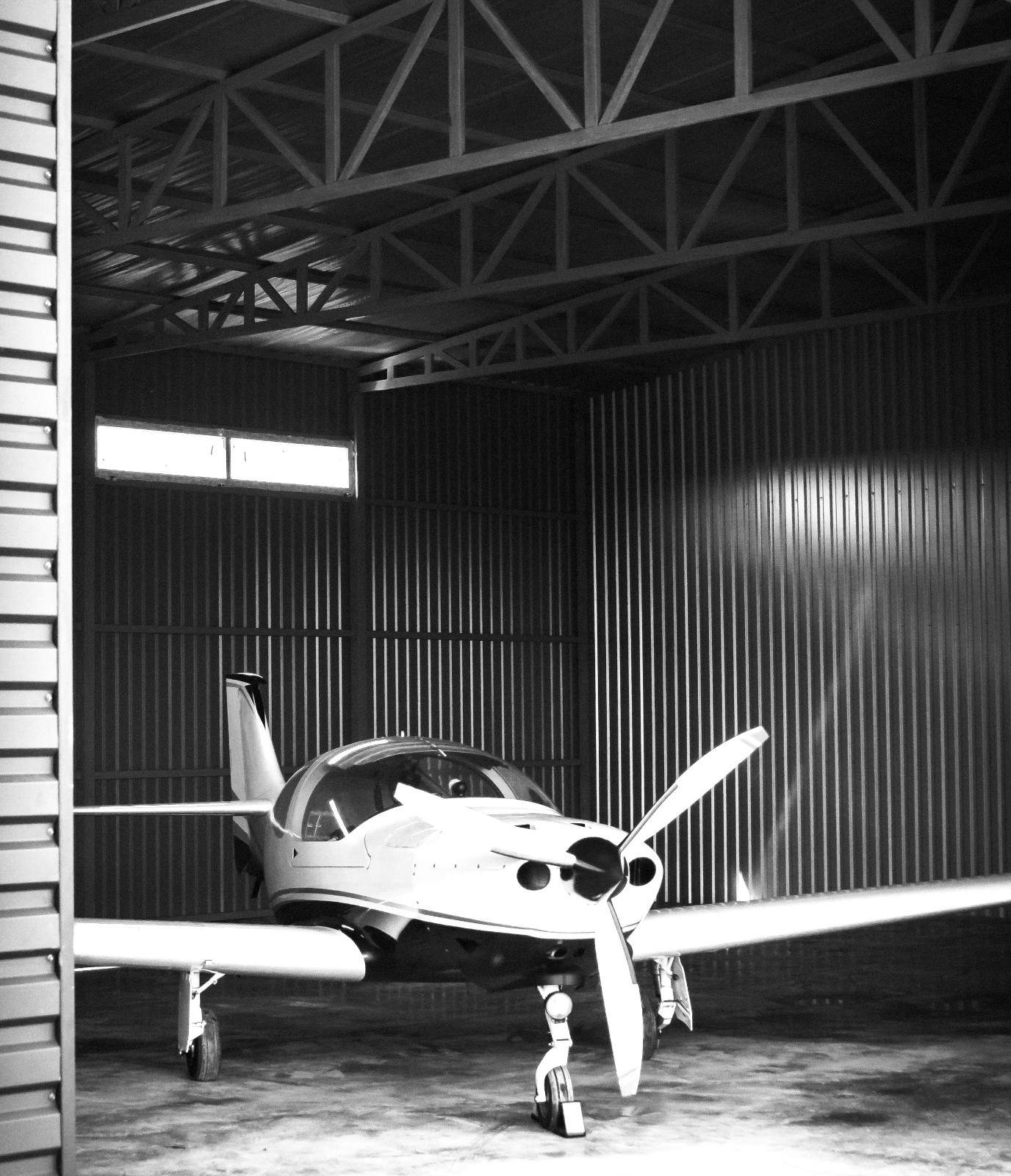


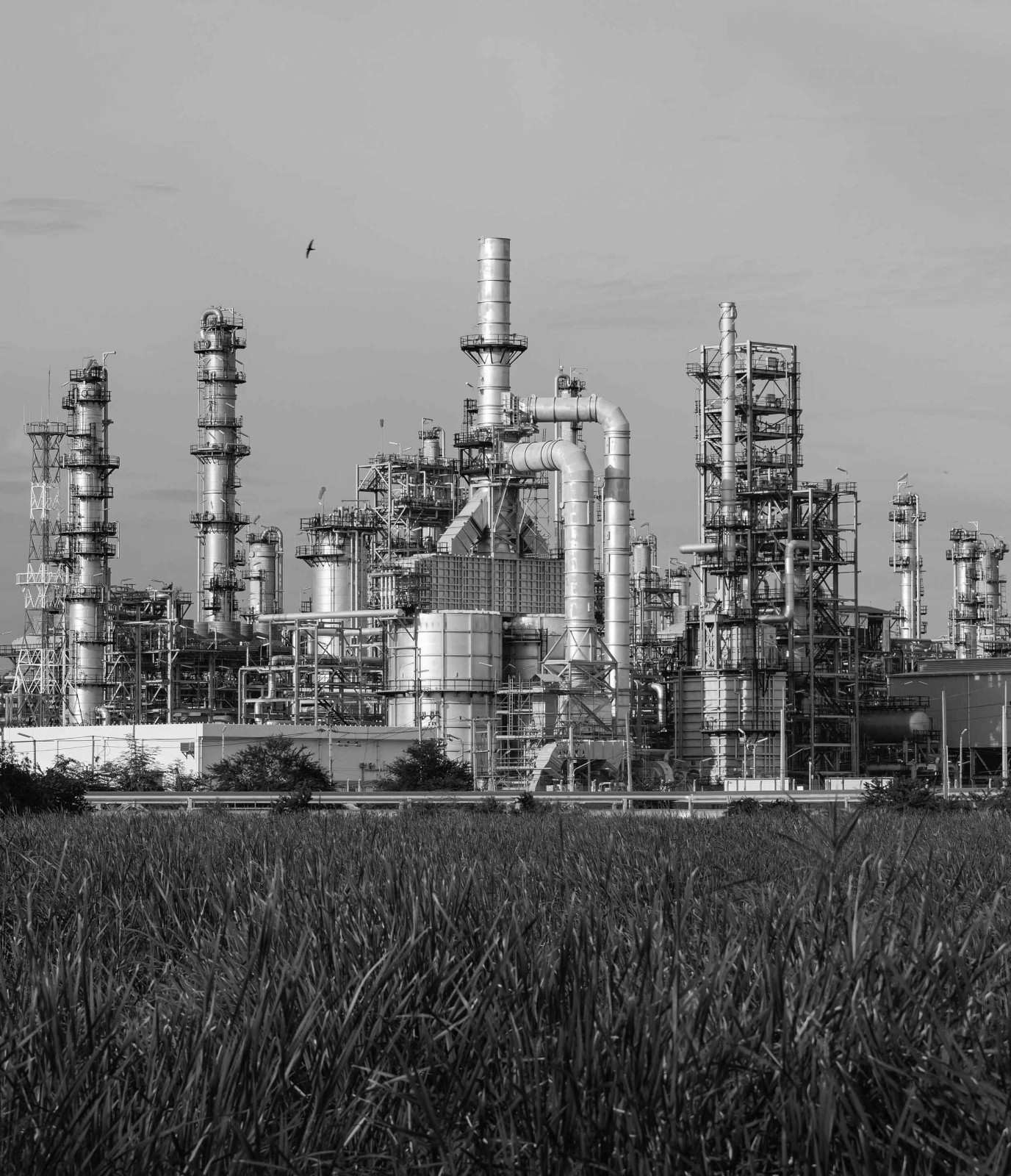
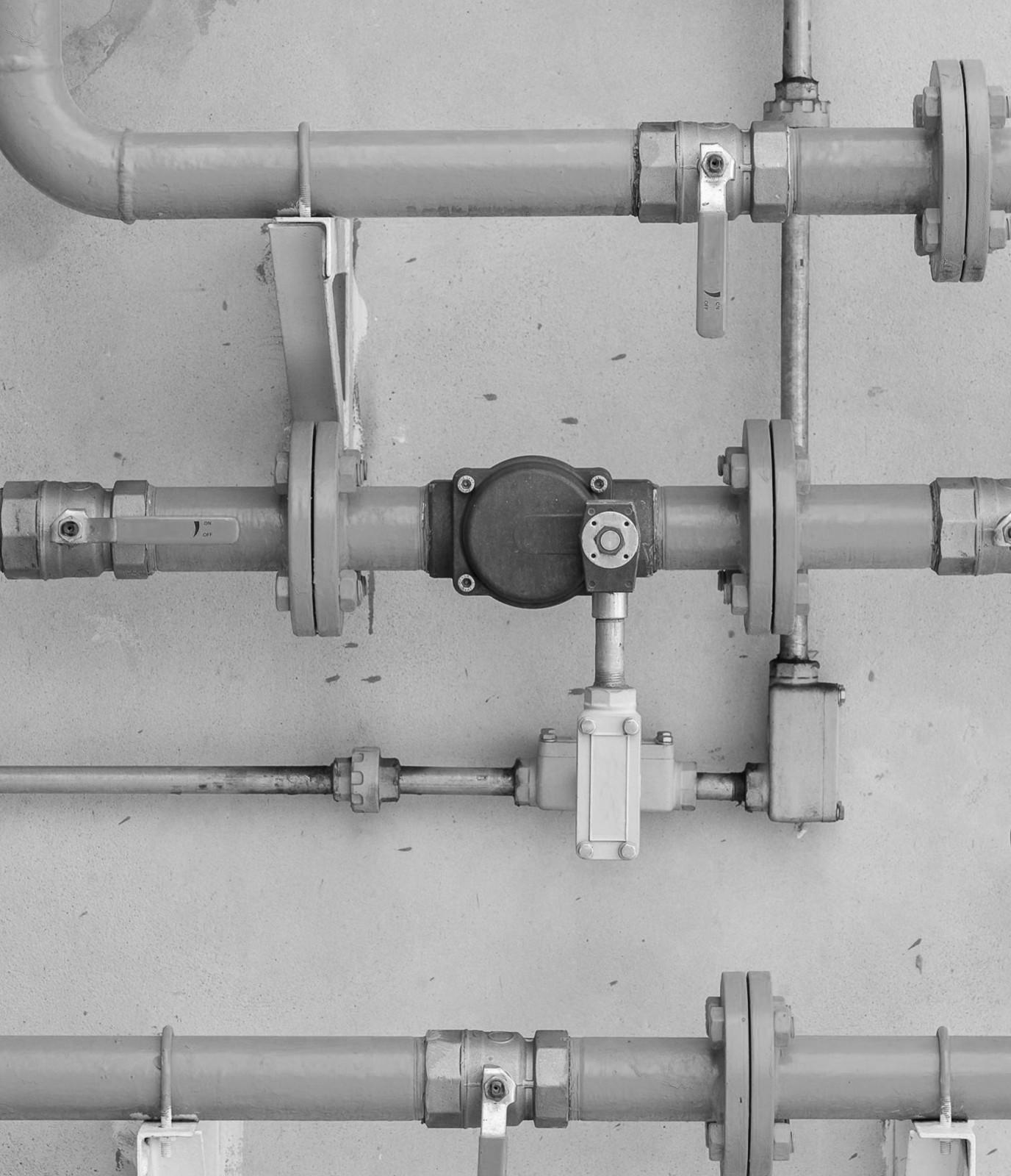
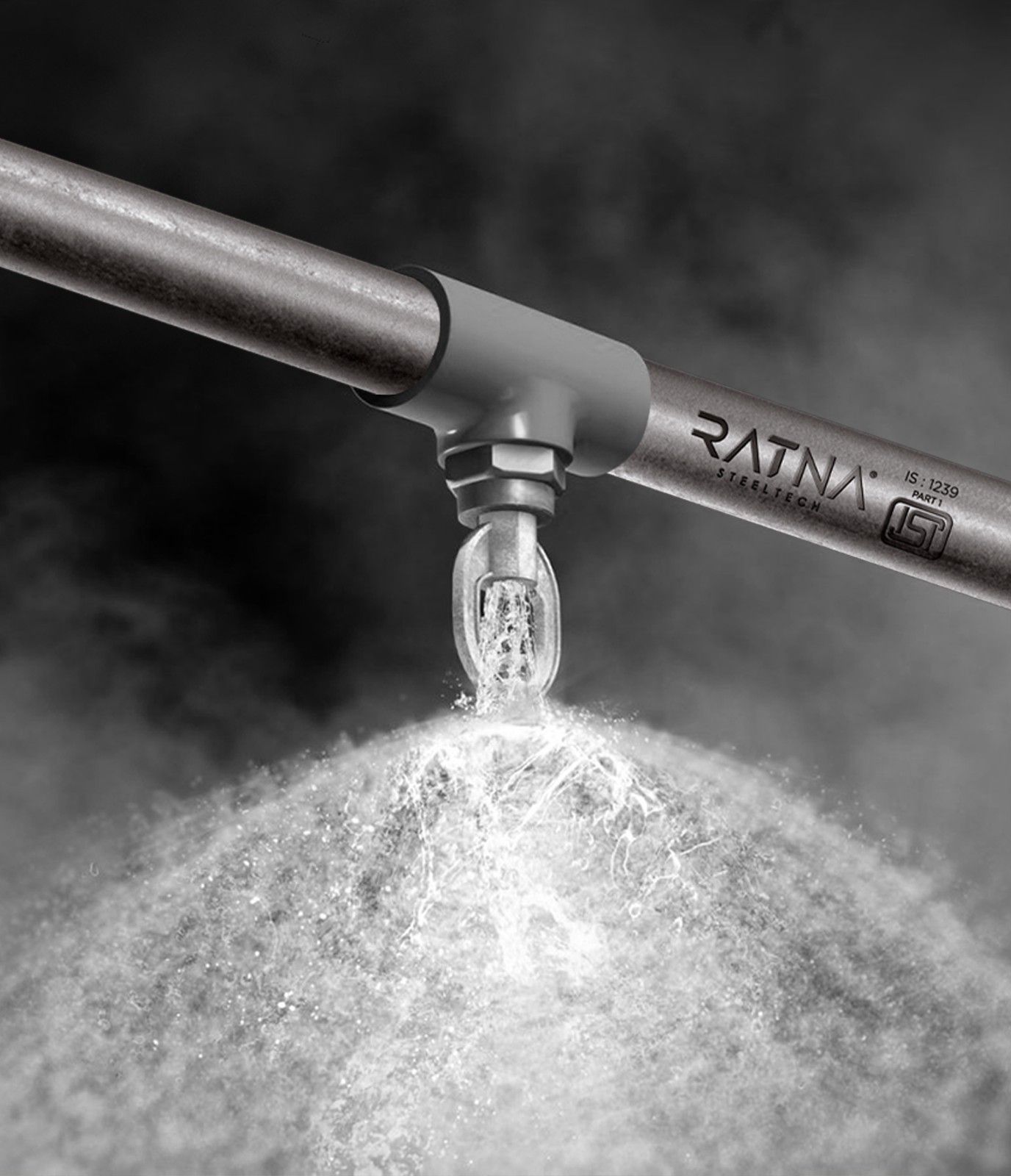
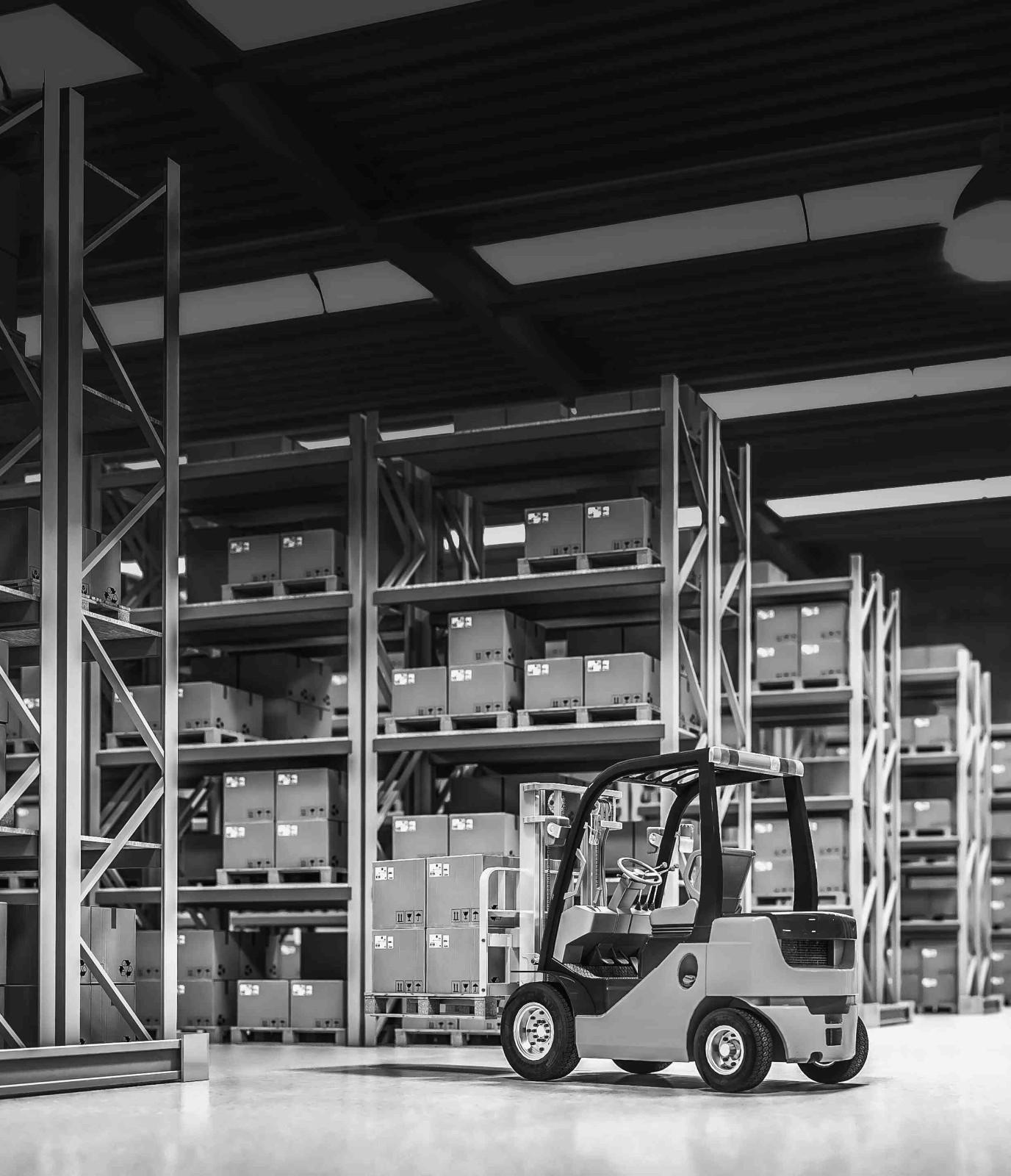
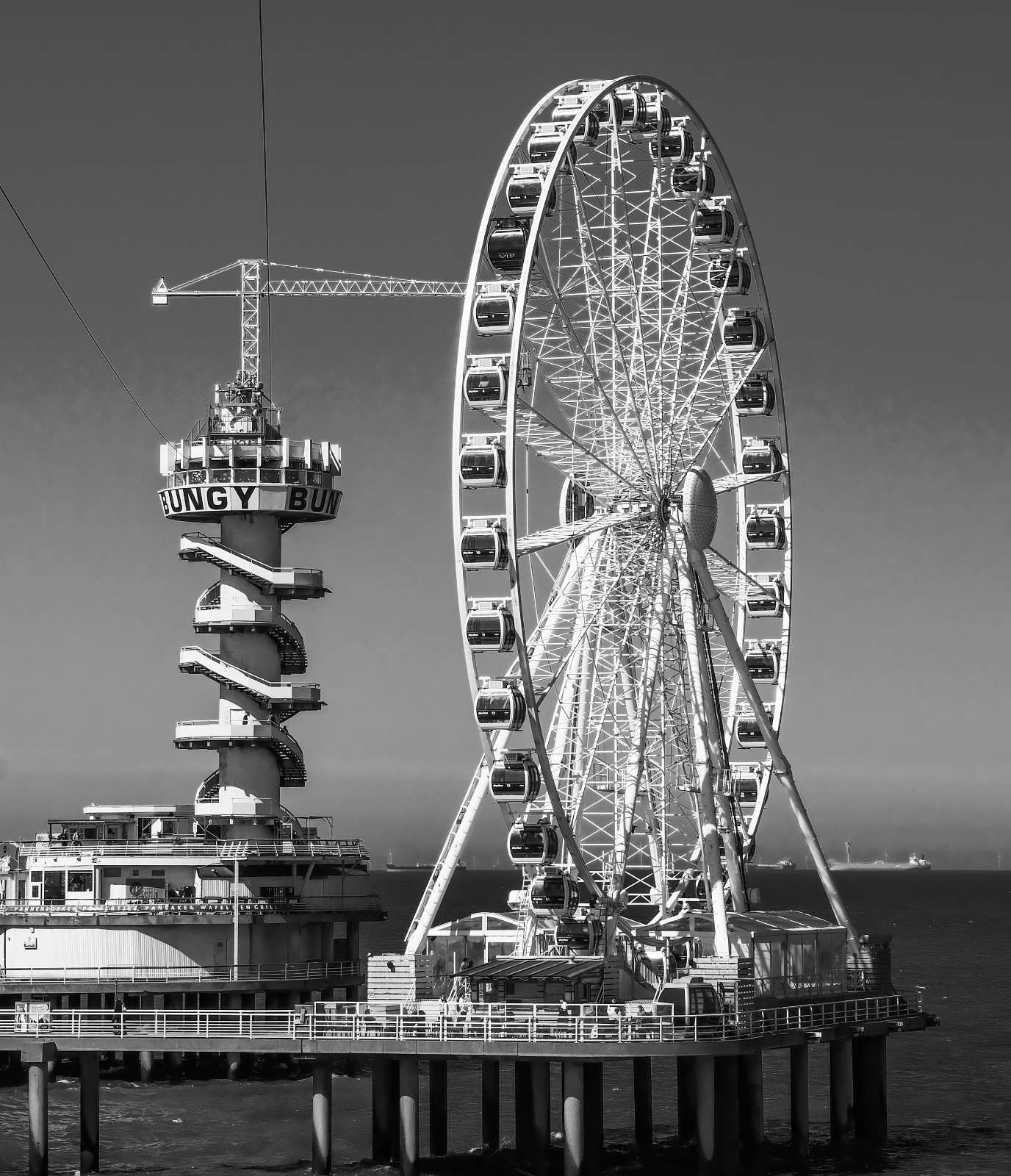

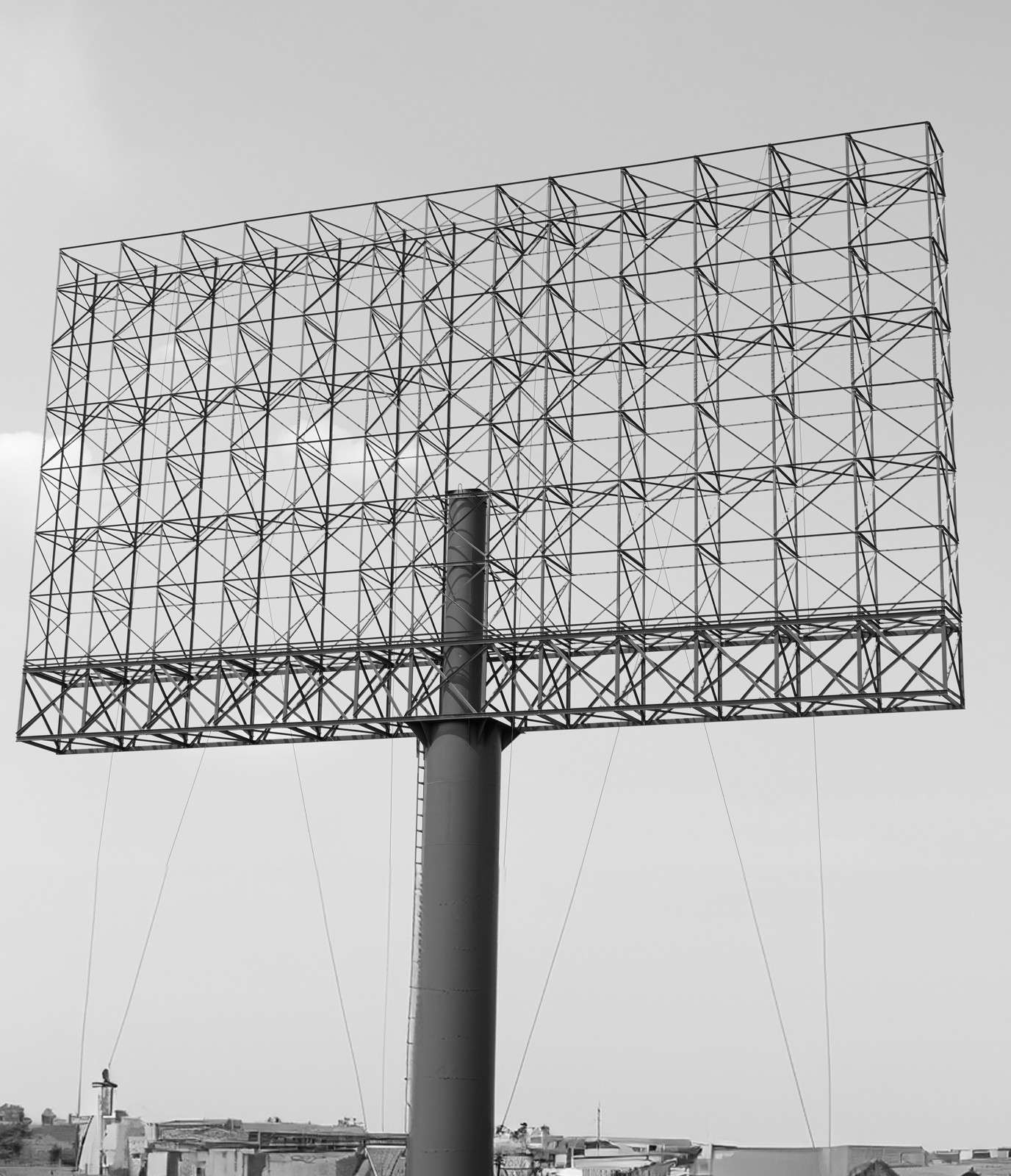
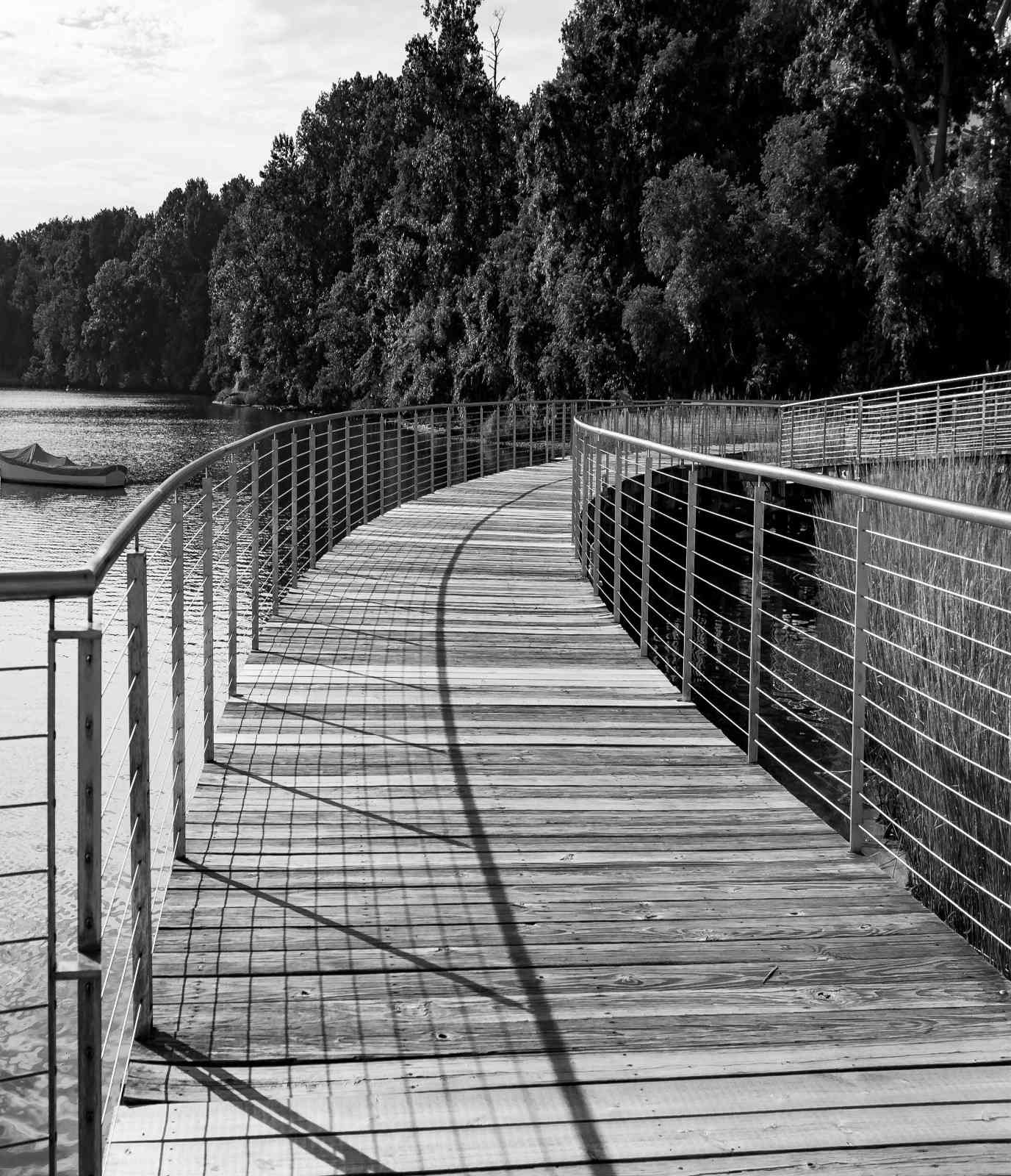
Frequently Asked Questions
-
What is MS ERW Pipe?
-
Who is The Best MS ERW Pipe Manufacturer in Ahmedabad?
Ratna Steeltech is among the best MS ERW pipe manufacturers in Ahmedabad, known for producing high-quality mild-steel pipes with precise dimensions, strong durability, and timely delivery. Their local manufacturing expertise and trusted service make them a preferred choice for industrial and structural projects.
-
Who is the best MS ERW Pipe Supplier in Ahmedabad?
Ratna Steeltech is one of the best MS ERW pipe suppliers in Ahmedabad, known for delivering high-quality mild-steel pipes and tubes with consistent strength, accurate sizing, and quick delivery for construction and industrial projects.
-
MS Pipe Suppliers Near Me
If you’re looking for reliable MS pipe suppliers near you, Ratna Steeltech is a trusted option offering durable mild-steel pipes and tubes with quick delivery and local support. They serve Ahmedabad and nearby regions with high-quality products for industrial and construction needs.
-
Which suppliers offer certified MS ERW pipes?
Ratna Steeltech offers high-quality certified MS ERW pipes known for strength, accuracy, and durability. As a trusted MS Pipe supplier in Ahmedabad, they provide reliable products for construction, fabrication, and industrial projects with consistent quality standards.
-
What are IS 1239 Certified ERW Pipes?
IS 1239 Certified ERW Pipes are mild-steel pipes manufactured according to the Indian Standard IS 1239, ensuring consistent quality, strength, and durability. Ratna Steeltech supplies IS 1239 certified ERW pipes widely used in water supply, construction, and industrial applications.
-
What is the current MS pipe price in Ahmedabad?
For the latest MS pipe price in Ahmedabad, contact Ratna Steeltech. Our team provides real-time prices based on pipe size, grade, and quantity- ensuring you always get the best value and reliable quality for your project.
-
Why Choosing Quality MS ERW Pipes and Tubes Is Crucial for Project Success?
Quality Mild Steel (MS) Electric Resistance Welded (ERW) pipes and tubes play a fundamental role in the durability, cost-effectiveness, and longevity of various applications. These pipes offer an array of benefits, from exceptional strength and corrosion resistance to environmental sustainability, making them a preferred choice for contractors, builders, and engineers alike.
-
Ratna Steeltech: The Best Solution for the Engineering Industry
In the ever-evolving landscape of the engineering industry, where new challenges and opportunities are constantly emerging, innovation and technological advancements play a pivotal role in driving progress and growth. One such revolutionary force that has appeared as The Best Solution for the Engineering Industry is Ratna Steeltech. The company is one of the emerging company in manufacturing of MS ERW Pipes and Tubes, & Pre-Engineered Buildings (PEBs).
Read More -
Leading MS Pipes And Tubes Manufacturers and Suppliers?
In the fast-paced world of construction and infrastructure development, the quality of materials used can significantly influence the success of a project. At Ratnabhumi Steeltech Pvt, Ltd., we understand this vital need, which is why we have established ourselves as one of the leading manufacturers and suppliers of MS-ERW pipes & tubes and Pre-Engineered Buildings (PEBs) nationally. Explore More Detail About MS Pipes And Tubes With Ratna Steeltech.
Read More -
What is the Difference Between Hot-Rolled Steel and Cold-Rolled Steel?
Rolling is a process that uses rollers to change the shape, make it more uniform, and improve the strength of metal. There are two types of rolled steel: hot-rolled and cold-rolled. Each type has unique features that make it suitable for different uses. When picking rolled steel for a project, it’s essential to understand the differences between hot-rolled and cold-rolled steel and how these differences affect their performance.
Read More -
Ratna Steeltech What Are The Benefits Of MS Angle And MS Beam?
Selecting the appropriate material for a project is essential. People often prefer mild steel pipes for their strength, cost-effectiveness, and durability. Their adaptability and excellent mechanical properties make them ideal for various uses. You can customise MS pipes to fit different needs, from transporting gases and fluids to serving as versatile construction materials for structural support. This blog delves into the key benefits of MS angle and MS beam and why they are a favoured choice among professionals in various industries.
Read More


